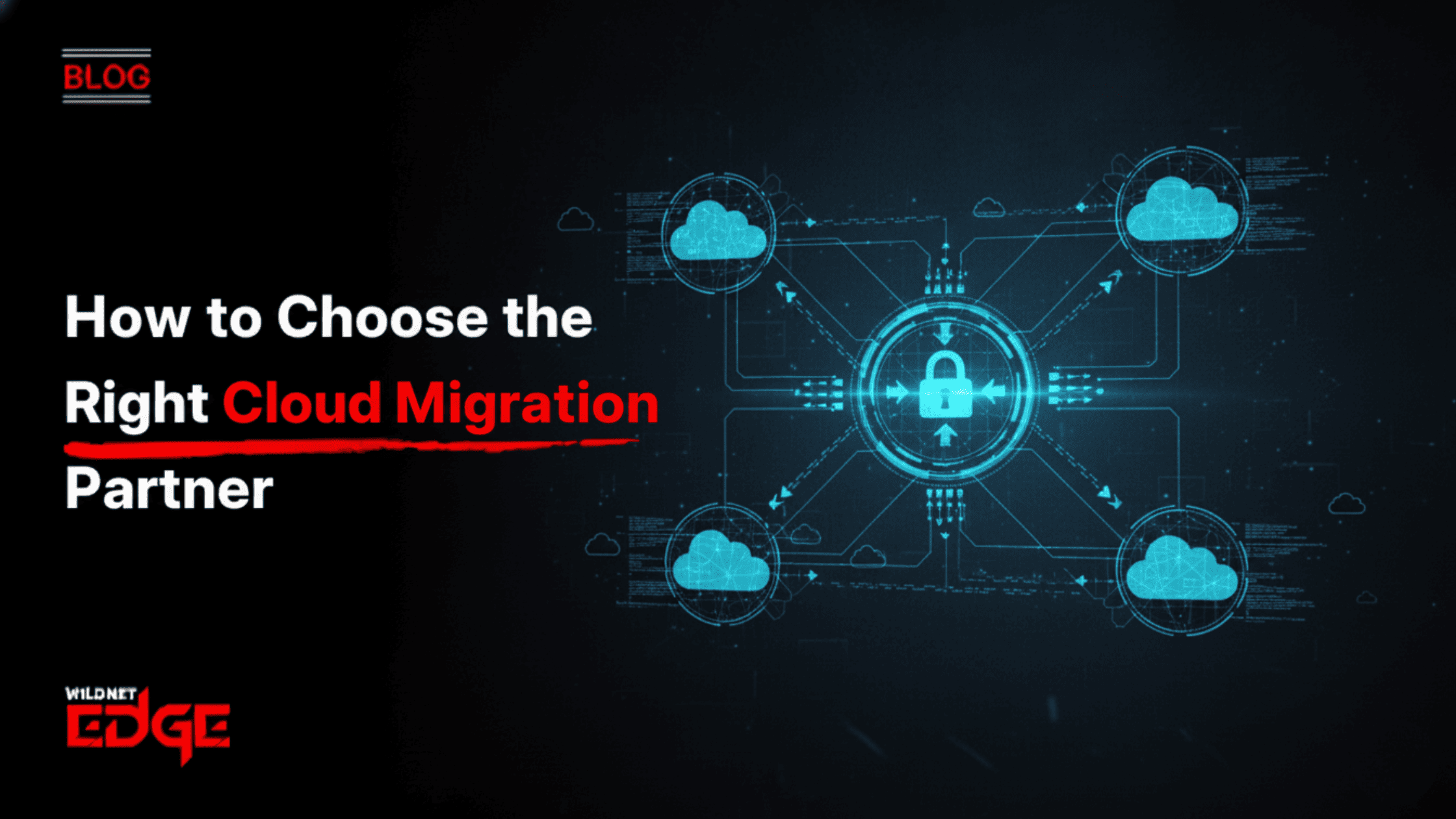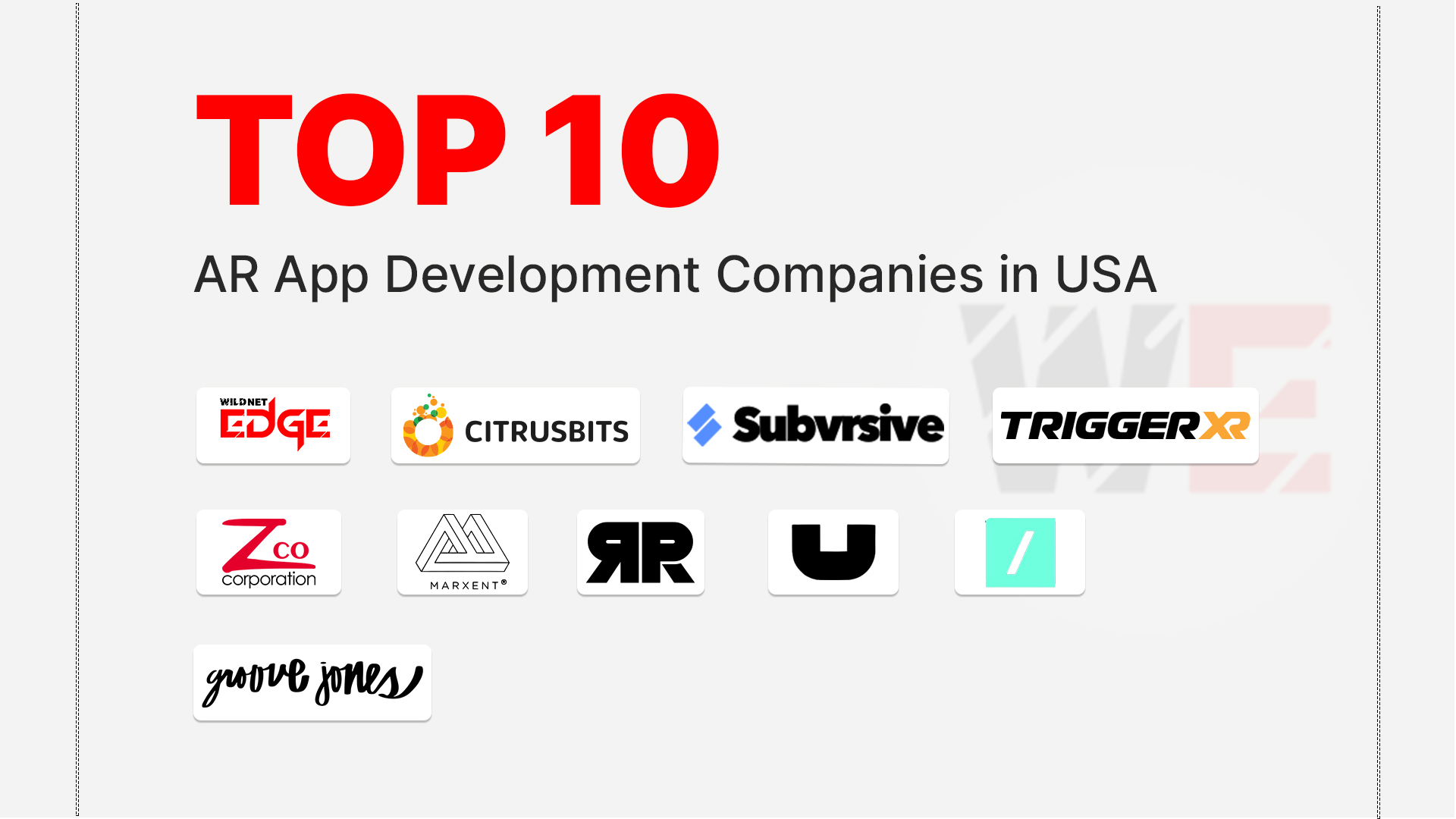TL;DR
This article serves as a strategic guide for businesses selecting a cloud migration partner. It explains that the partner chosen significantly impacts the success, cost, and timeline of moving to the cloud. The guide details key evaluation criteria, including verifying deep cloud migration expertise across major cloud service providers (AWS, Azure, GCP), assessing their migration methodology, scrutinizing security and compliance practices, and understanding their support models. It emphasizes the importance of cultural fit and transparent communication. Choosing the right partner is presented as essential for minimizing risks, accelerating the transition, and ensuring the migration aligns with long-term business objectives for digital transformation.
Migrating your business operations to the cloud is a complex and mission-critical undertaking. It promises significant benefits agility, scalability, cost savings but the journey is fraught with potential pitfalls. Technical challenges, security risks, and unexpected costs can derail the project if not managed properly. The single most important factor in navigating this complexity successfully is choosing the right cloud migration partner. This decision will profoundly impact the speed, cost, and ultimate success of your transition.
Why Your Cloud Migration Partner Choice is So Critical
A cloud migration is far more than just moving data and applications. It’s a strategic business initiative that often involves re-architecting systems, retraining staff, and fundamentally changing how IT operates. Partnering with the wrong firm can lead to:
- Cost Overruns: Inexperienced partners often underestimate the complexity, leading to unexpected costs.
- Extended Downtime: Poor planning or execution can result in lengthy and disruptive outages during the migration.
- Security Vulnerabilities: Improper configuration in the cloud can expose your sensitive data to new threats.
- Performance Issues: Applications may run poorly if not optimized correctly for the cloud environment.
- Failure to Achieve Goals: The migration might technically succeed but fail to deliver the expected business benefits (like cost savings or agility).
Choosing the right partner, one with deep cloud migration expertise, mitigates these risks and ensures your project delivers tangible business value.
Key Criteria for Evaluating a Cloud Migration Partner
Selecting the right partner requires a thorough evaluation process. Focus on these critical areas:
1. Proven Expertise and Certifications
- Don’t simply accept their assertions. Seek tangible proofs of their skills:
- Big Cloud Service Provider Experience: Do they possess thorough and certified proficiency in the hiring of platforms (AWS, Azure, Google Cloud)? Most trustworthy partners acquire utmost certifications (for instance, AWS Advanced Consulting Partner, Microsoft Gold Partner).
- History with Same Migrations: Have they accomplished migrations like yours regarding size, complexity, and industry? Request concrete, verifiable case studies and references.
- Technical Depth: Are they not just migrating to the cloud but also taking care of related issues like cloud-native architecture, containerization (Docker/Kubernetes), security, and data migration?
2. A Clear and Mature Migration Methodology
- What are the actual steps in their execution of the project? A well-rounded partner will have a clearly laid out methodology that often encompasses the steps:
- Assess: Evaluating the current state and setting business objectives.
- Plan: Detailed migration strategy, timeline, and cost projection creation.
- Migrate: Conducting technical migration (via methods like rehosting, replatforming, refactoring).
- Optimize: Post-migration cloud environment tuning for performance, security, and cost savings. Require prospective partners to present to you their particular process.
3. Robust Security and Compliance Practices
Security in the cloud is paramount. Your partner must demonstrate a strong commitment to security throughout the migration process and in the final cloud architecture.
- Security Certifications: Do they hold relevant security certifications (e.g., ISO 27001)?
- Compliance Expertise: Do they have experience migrating workloads subject to specific compliance regulations (e.g., HIPAA, PCI DSS, GDPR)?
- Security Tools and Processes: How do they ensure secure configurations, manage access controls, and monitor for threats during and after migration? This often involves leveraging advanced Cloud Infrastructure Services.
4. Transparent Pricing and Cost Management
Cloud costs can be complex. Your partner should provide a clear, detailed cost estimate for the migration project itself and help you forecast ongoing cloud operational costs. Look for partners with experience in FinOps (Cloud Financial Management) who can help you optimize your cloud spending post-migration.
5. Post-Migration Support and Managed Services
The migration project end is just the beginning of your cloud journey. Does the partner offer ongoing managed services to help you operate, optimize, and secure your cloud environment long-term? Or will they provide a smooth handover and documentation for your internal team? Understand their post-migration support model. Expertise in DevOps Services is often crucial for ongoing management.
6. Cultural Fit and Communication
This is often underestimated. You will be working closely with this partner on a critical project. Do their communication style and company culture align with yours? Do they feel like a true partner invested in your success, or just a vendor executing tasks? Strong collaboration and transparent communication are essential.
Our Cloud Migration Partnership in Action: Case Studies
Case Study 1: A Manufacturer’s ERP Migration to Azure
- The Challenge: A manufacturing company needed to migrate its mission-critical, on-premise ERP system to Microsoft Azure to improve performance and reliability. The project involved significant complexity and risk.
- Our Solution: After a rigorous selection process, they chose us as their cloud migration partner. We conducted a thorough assessment, planned a phased migration strategy with minimal downtime, and executed the migration leveraging Azure Migrate and our deep Azure expertise.
- The Result: The migration was completed on time and under budget. The ERP system’s performance improved by 40% on Azure, and the company gained the scalability needed to support its growth. Our clear methodology and communication were cited as key success factors.
Case Study 2: A SaaS Company’s Multi-Cloud Strategy
- The Challenge: A successful SaaS Development Company wanted to adopt a multi-cloud strategy for resilience and to leverage specific services from both AWS and Google Cloud. They needed a partner with expertise across multiple cloud service providers.
- Our Solution: Our team, possessing certifications in both AWS and GCP, designed a multi-cloud architecture and migration plan. We helped them migrate specific workloads to GCP for its AI/ML capabilities while keeping their core application on AWS, ensuring seamless interoperability.
- The Result: The company successfully implemented its multi-cloud strategy, gaining access to best-of-breed services and significantly improving the resilience of its platform. Our cross-platform cloud migration expertise was crucial.
Our Cloud Technology Expertise
We have certified expertise across the major cloud platforms and supporting technologies.
- Cloud Providers: Amazon Web Services (AWS), Microsoft Azure, Google Cloud Platform (GCP)
- Migration Tools: AWS Migration Hub, Azure Migrate, Google Migrate, CloudEndure
- Infrastructure as Code (IaC): Terraform, AWS CloudFormation, Azure Resource Manager (ARM)
- Containerization & Orchestration: Docker, Kubernetes (EKS, AKS, GKE)
- Security & Compliance: Cloud-native security tools, compliance frameworks (PCI, HIPAA, SOC 2)
Conclusion
Choosing your cloud migration partner is a decision with long-lasting implications for your business. It requires careful due diligence that goes far beyond comparing price quotes. By focusing on proven cloud migration expertise, a mature methodology, robust security practices, and a strong cultural fit, you can select a partner who will not just move your systems, but help you truly transform your business.
Ready to embark on your cloud journey with a trusted guide? At Wildnet Edge, our AI-first approach enhances our migration strategies. We build intelligent, optimized cloud environments designed for performance, security, and cost-efficiency, ensuring your Software Development Solutions thrive in the cloud.
FAQs
Certifications are a strong indicator of a partner’s technical competence and commitment to a specific cloud platform. While not the only factor, top-tier certifications from the major cloud service providers provide significant assurance of their capabilities and access to provider support.
Pricing models vary. Some partners offer fixed-fee projects (usually based on a very detailed scope defined during an assessment). Others work on a time-and-materials basis. Often, an initial assessment phase is done for a fixed fee, followed by the migration execution on a time-and-materials or phased fixed-fee basis.
For complex transformations, a partner offering broader services (including application modernization, DevOps, and managed services) can often provide more long-term value. They can help you not just migrate, but truly optimize and operate effectively in the cloud post-migration.
Significant involvement is usually required. Your internal team holds crucial knowledge about your existing systems and business processes. The migration should be a collaborative effort, with clear roles and responsibilities defined between your team and the partner.
A good cloud migration partner anticipates potential issues and builds contingency plans into the project roadmap. Their experience allows them to troubleshoot effectively. Clear communication protocols are essential for addressing unexpected challenges quickly and collaboratively.
Industry experience can be highly valuable, especially in regulated sectors like finance or healthcare. A partner who understands your industry’s specific compliance requirements and common application patterns can often deliver a smoother and more effective migration.
Thorough reference checks are essential. Speak directly with previous clients whose projects were similar in scope and complexity. Ask pointed questions about the partner’s technical skill, project management, communication, problem-solving abilities, and overall satisfaction.

Nitin Agarwal is a veteran in custom software development. He is fascinated by how software can turn ideas into real-world solutions. With extensive experience designing scalable and efficient systems, he focuses on creating software that delivers tangible results. Nitin enjoys exploring emerging technologies, taking on challenging projects, and mentoring teams to bring ideas to life. He believes that good software is not just about code; it’s about understanding problems and creating value for users. For him, great software combines thoughtful design, clever engineering, and a clear understanding of the problems it’s meant to solve.
 sales@wildnetedge.com
sales@wildnetedge.com +1 (212) 901 8616
+1 (212) 901 8616 +1 (437) 225-7733
+1 (437) 225-7733















 ChatGPT Development & Enablement
ChatGPT Development & Enablement Hire AI & ChatGPT Experts
Hire AI & ChatGPT Experts ChatGPT Apps by Industry
ChatGPT Apps by Industry ChatGPT Blog
ChatGPT Blog ChatGPT Case study
ChatGPT Case study AI Development Services
AI Development Services Industry AI Solutions
Industry AI Solutions AI Consulting & Research
AI Consulting & Research Automation & Intelligence
Automation & Intelligence















